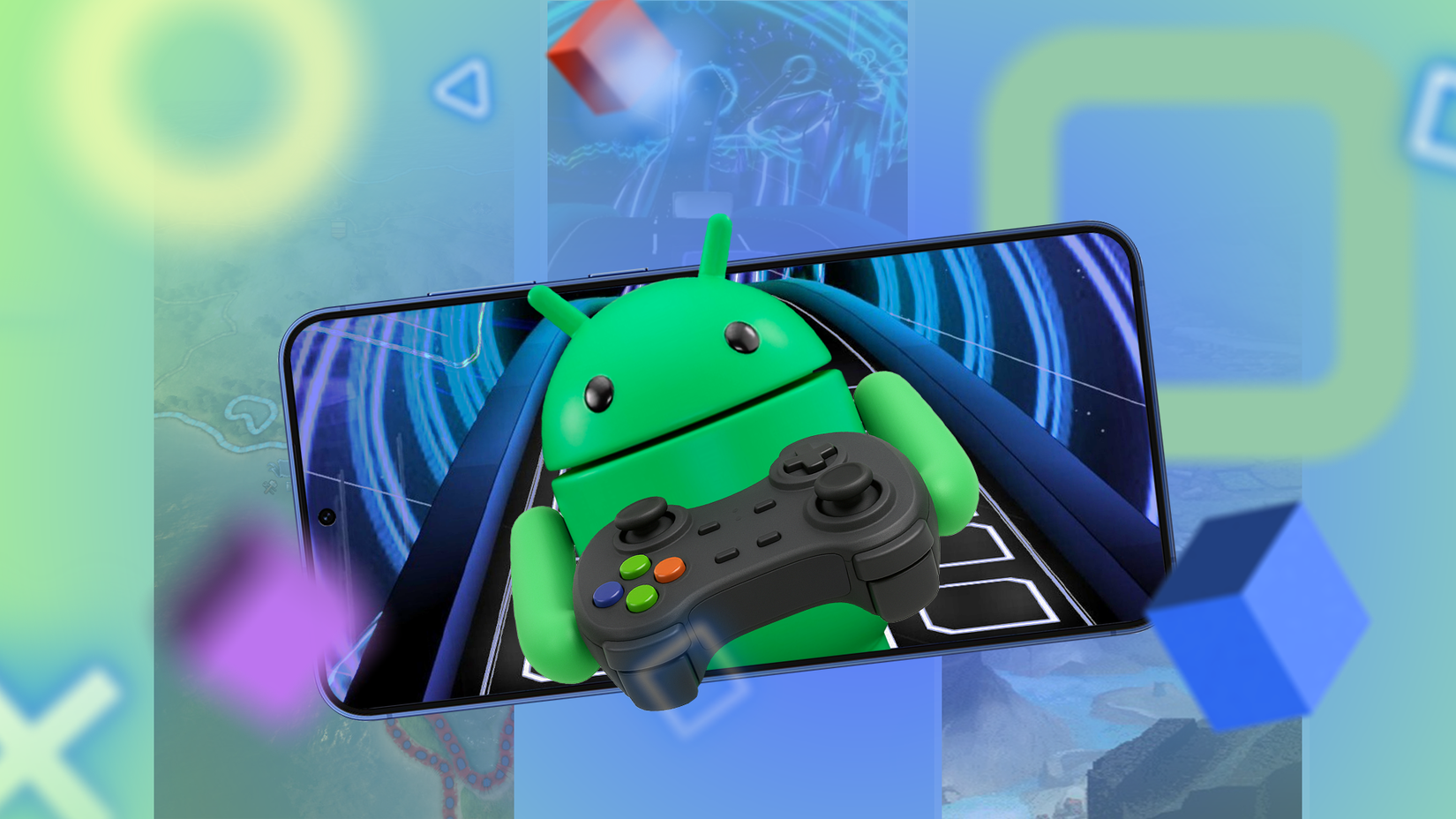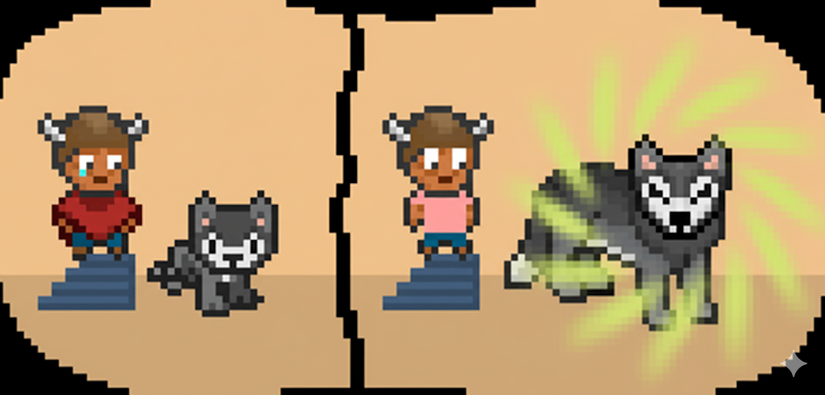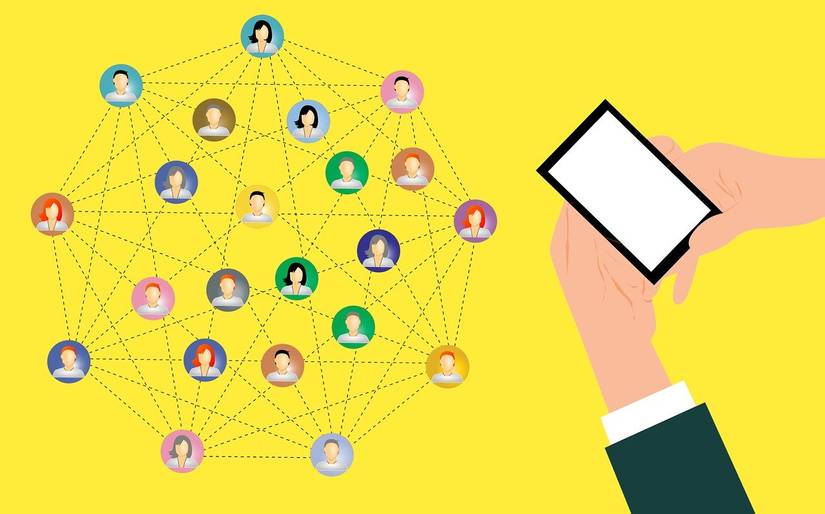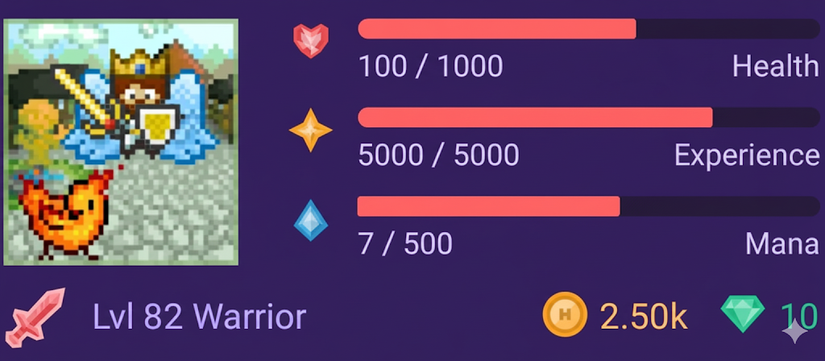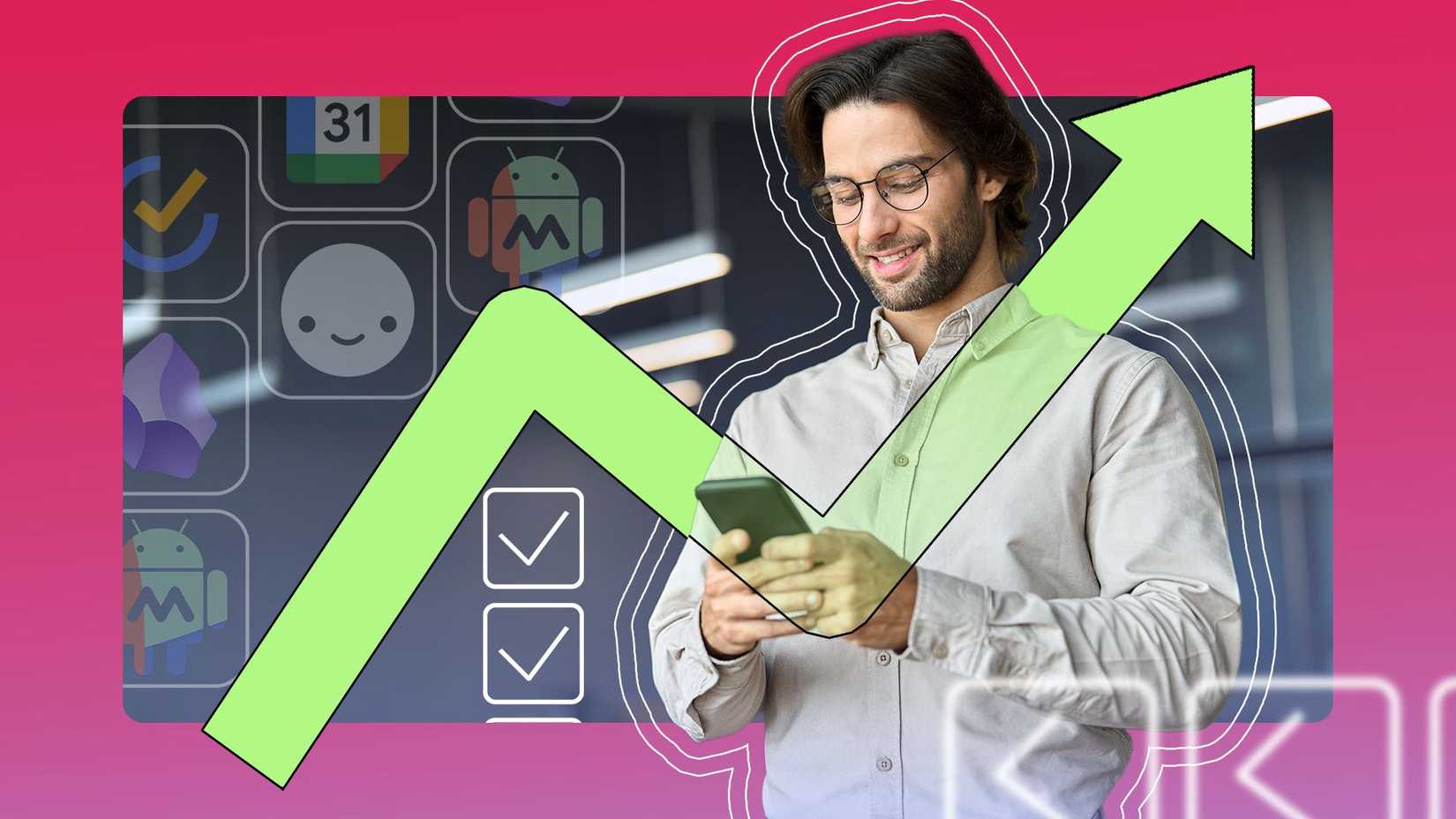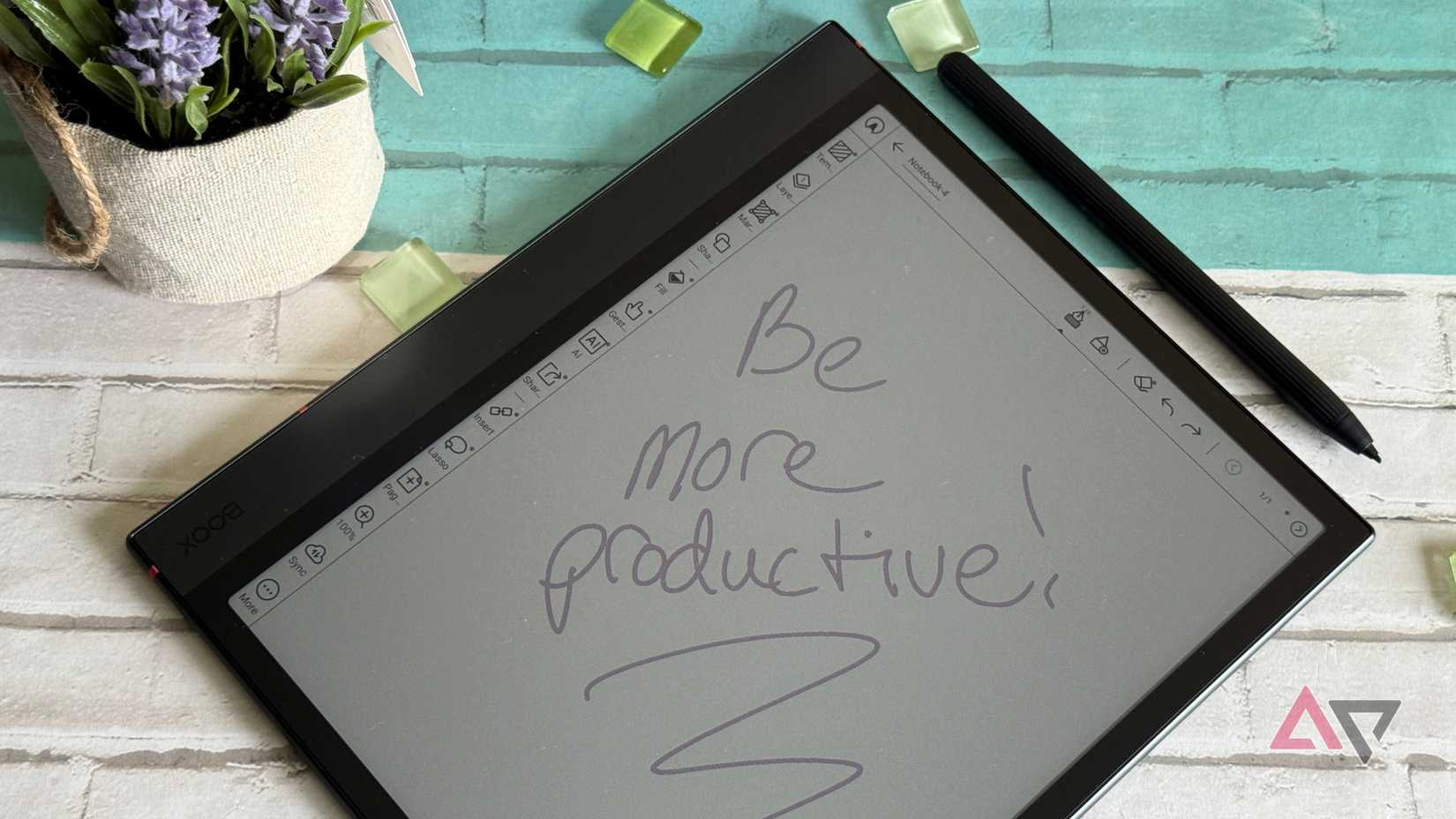My phone is full of productivity apps. Minimalist to-do lists, complex project managers, and digital sticky notes, all downloaded in a burst of aspirational energy and abandoned weeks later.
They all promised I’d finally become the organized version of me.
This time, I decided to try something different. I decided to gamify my life. I downloaded an app that promised to turn my to-do list into a role-playing game (RPG).
What if doing the dishes earned me experience points? What if going to the gym helped me defeat a monster?
It sounded ridiculous. But as I soon discovered, ridiculous is surprisingly addictive and effective.
Creating my pixel warrior and first quests
My journey started with Habitica. After downloading it, I spent a few minutes customizing a small pixelated avatar, choosing a hairstyle, skin tone, and a simple tunic.
I was a Level-1 warrior waiting for his quests, so I started populating the app with my goals. Habitica breaks tasks into three categories.
Dailies are nonnegotiable, recurring tasks on a set schedule. It was the right place for habits I often skipped.
I started simple and added flossing, meditation for ten minutes, and clearing my inbox to zero. These became daily quests tied to my character’s health.
Next were Habits. They are flexible actions you want to repeat or stop. I added a positive habit, like drinking a glass of water, for a small reward each time.
I also added a harmful habit, like doomscrolling. If I caught myself doing it, I tapped minus, and my character lost health.
To-Dos are one-and-done tasks. I added my unfinished projects here.
How short-term rewards built long-term discipline
With my quests in place, I quickly saw the loop that makes Habitica work. It starts with positive reinforcement.
The first time I checked off a daily floss, my phone played an 8-bit chime. I earned +15 XP and +10 Gold.
Gold is the currency you spend in the market to get better gear. The reward was small, but I needed that dopamine hit.
It brought back memories of my Duolingo days. No surprise that companies as big as Google are betting on gamification.
The stick matters, too. In Habitica, missed dailies cost health points. If your health reaches zero, you will lose a level, gold, and random equipment.
Short-term loops carried me through the day, but the long-term rewards kept me returning. Then I discovered the pets.
You could buy eggs and hatching potions to get adorable companions, from wolves and tigers to flying pigs and even dragons. If you fed them enough, they’d grow into mounts your avatar could ride.
I wanted a Griffin. It was costly and would take weeks of discipline. Suddenly, every task served a purpose. Taking out the trash was progress toward the Griffin.
That is the investment phase of the hook model. The more you put in, the more valuable the system feels, and the harder it is to leave.
The power of social accountability is built into Habitica
I played solo at first, and happily defeated my productivity dragons. Then I found the social features. I joined a party with a few Habitica users I knew.
As a party, we started quests together. We bought a quest scroll, and a giant boss appeared on our dashboard with a long health bar we had to chip away at together.
This is where accountability comes into play. You damage the boss by completing your own tasks. Each task chipped away at our enemy.
The reverse is also true. If anyone missed a daily task, the boss attacked the whole party, and we all lost health.
That shared sense of responsibility was a powerful motivator, especially when my willpower was flagging.
Real-world treats mattered more than virtual helmets
After a few months of questing, my warrior was fully geared up. Those early rewards were great for momentum, but their pull faded.
How many pixelated helmets does one hero need? That’s when I started using custom rewards.
Instead of saving gold for virtual armor, I could price real-world treats. It changed how I used the app.
I added one hour of guilt-free gaming for 75 gold, and the equation shifted. Three loads of laundry now fund my next play session.
This feature ties unpleasant tasks to the pleasures you value. It formalizes the bargains you make with yourself and holds you accountable.
That’s what gives the app staying power. Long after pet collecting loses its shine, earning gold for a small monthly splurge keeps the system running.
Habitica’s loop made small habits stick
Does all this virtual monster slaying and gear collecting lead to real change? For me, yes.
The only test of a productivity system is results, and turning my goals into a game finally moved projects I’d stalled on for years.
While Habitica didn’t magically deliver my big, one-off projects, it reshaped micro-chores at home. Before Habitica, laundry piled up until it ruined my weekends. Habitica gave me a hit of happiness each day.
Doing chores still isn’t fun, but finishing them now feels satisfying, and my laundry doesn’t pile up like a mountain.
The same loop pulled me back to language study. Habitica’s familiar reward cycle made Duolingo feel part of the same game.
How I kept Habitica from becoming another chore
Gamification isn’t a cure-all. It has pitfalls and works only if you’re honest with yourself. Early on, I was tempted to cheat.
I added trivial habits like drinking coffee for quick gold or checking off half-done to-dos. It backfired, and I was only cheating myself.
The app works best when you practice self-honesty. If you crave easy wins, your goals are probably too big. Break them into smaller, achievable steps.
There’s also the novelty effect to contend with. After a while, the initial thrill of leveling up and buying new gear faded.
The app started to feel like another chore, which is when I learned the importance of actively managing the game.
I started joining challenges created by other users. I audited my goals, retiring old habits I’d mastered, and added my own rewards to the system.
Social aspects were also important. Fighting a new quest boss with my party was always a great way to reignite my engagement.
Ultimately, the goal isn’t dependence on virtual rewards. The app is a scaffold for willpower.
External rewards get you started, and you build intrinsic motivation over time until the habit runs independently.
Gamification turned out to be more than a gimmick
My journey to becoming a life-gamifying advocate has been surprisingly fun. I started this experiment thinking it was a silly gimmick, but I discovered one of the most effective tools for self-improvement I’ve ever used.
By tapping into our brain’s fundamental desire for rewards, progress, and even a little bit of social pressure, apps like Habitica provide the immediate gratification our long-term goals inherently lack.
So if you’re tired of staring at a lifeless to-do list, it’s time to try a different approach. Fun isn’t the point, but rather the delivery mechanism.

